Health minister says federal government to blame for GP shortage causing ambulance ramping
Tasmania’s health minister has acknowledged the problems with ambulance ramping are “very serious” but said the federal government must shoulder its share of the blame.
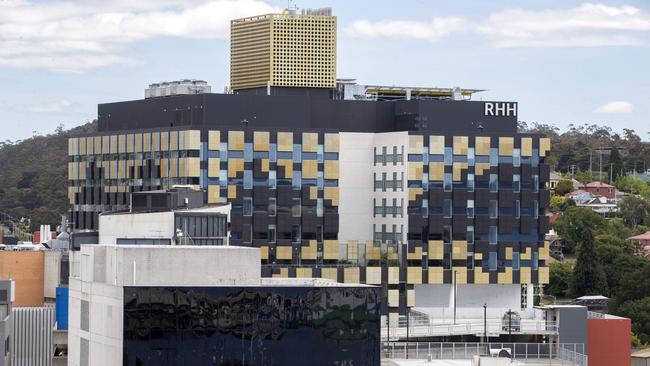
Tasmania
Don't miss out on the headlines from Tasmania. Followed categories will be added to My News.
Tasmania’s health minister has acknowledged the problems with ambulance ramping are “very serious” but said the federal government must shoulder its share of the blame.
Despite evidence on Tuesday that access to beds for patients who required admission was largely responsible for the problem, Mr Barnett said a lack of general practitioners was instead the major factor.
“The state does have a very serious issue with respect to the emergency department and the transfer of care delays.
“We plan to improve that and that’s why we’re not waiting, we’ve already got plans in place and action is already underway to ensure that improvements take place.
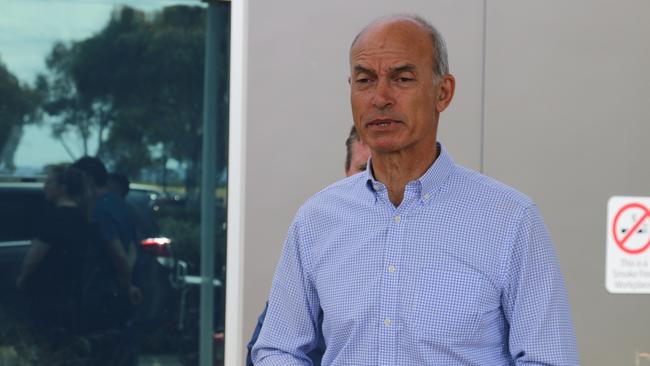
“But let’s be very clear, four out of 10 Tasmanians who present to emergency department are not emergencies — this is because of the lack of GPs and sustainable GP practices, which is a responsibility of the federal government.”
Mr Barnett said he had asked for more information about reports of patients being treated in cupboards.
“As a minister, I expect quality care across all the hospitals for which I’m responsible and I absolutely want to full report on that matter.”
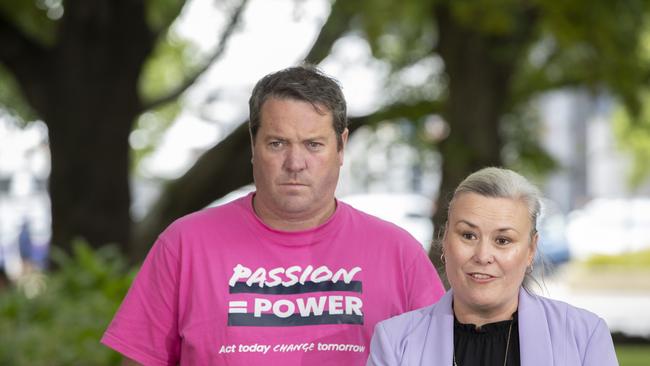
Labor’s Anita Dow said the state’s health system appeared to be going backwards.
“To be honest, I don’t know what this Liberal government’s been doing for the last 10 years when it comes to the health system,” she said.
“I don’t know how Health Minister Guy Barnett sleeps at night.”
Greens leader Rosalie Woodruff said the evidence before the parliamentary ramping inquiry had shown patients were suffering.

“It’s clear that enormous harm is being done to patients and to and to staff because of the crowded conditions and the huge amount of ambulance ramping that is occurring of all hospitals in Tasmania,” she said.
“Unless the government puts more resources in and does something different, then we will have more of the same.
And the state secretary of the Health and Community Services Union Robbie Moore agreed.
“The fact that the government haven’t acted already, given the evidence that’s been presented at the inquiry is a disgrace. and our part-time Health Minister Guy Barnett needs to actually listen to Tasmanians and to make changes because we cannot go on with Tasmanians dying because of a lack of action by this government any longer,” he said.
Lawsuit threat spooks doctors from working in ED
Conditions at the Royal Hobart Hospital’s emergency department are so bad that staff leave because they are afraid of being sued, a parliamentary committee has heard.
The Director of the Royal Hobart Hospital Emergency Department Paul Scott has told an inquiry into ramping that many doctors were electing to work part-time to protect their mental health.
Twelve emergency department reviews in 15 years had not helped, he said.
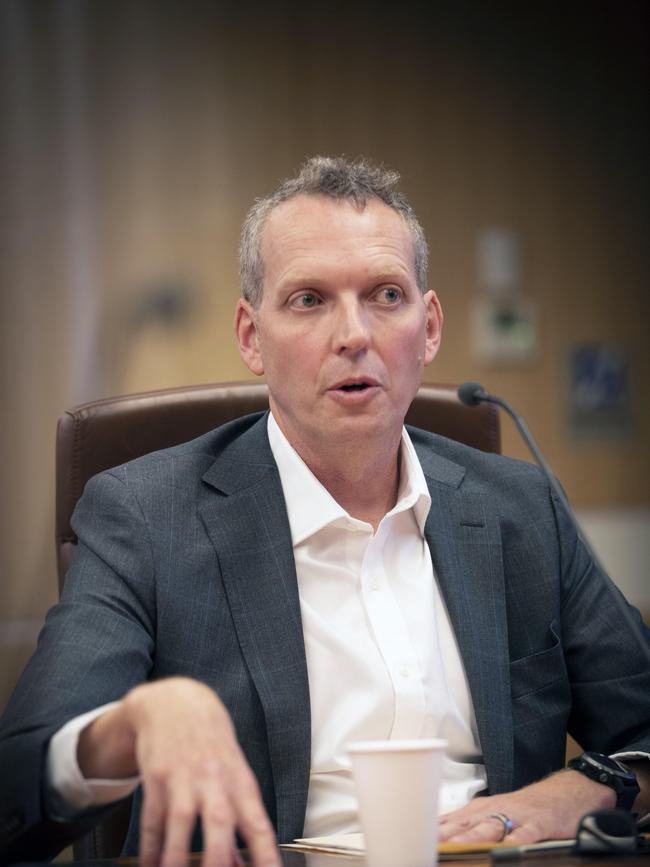
Dr Scott said difficulties caused by bed block preventing patients from being moved from the emergency department to wards in Tasmanian hospitals meant overcrowding, and people were spending 24 hours in corridors and being treated in cupboards or other public areas with no privacy.
He told the committee senior staff frequently quit or cut down their hours because they were worried about being sued.
“There’s a large level of dissatisfaction and fear of medico-legal consequence and significant risk and that means that we have significant staff attrition, particularly in the senior workforce areas of both medical and nursing but also senior allied health professionals, clerical staff members, other people who feel that the risk in the emergency department is so great that it’s not an environment but they wish to subject themselves to medico-legal risk and also the dissatisfaction and not delivering appropriate patient care,” he said.
Doctors in emergency medicine also cut down their hours to protect their mental health, he said.
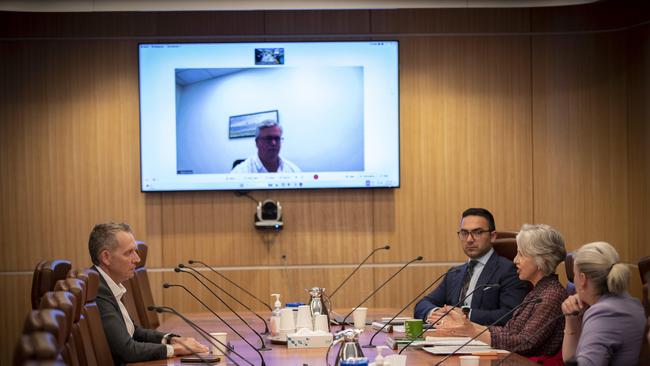
“Many, many, many of them have elected not to work full time, so I have a large number of doctors on the books but the vast majority work half time and that’s a strategy designed to be protective to maintain the ability to work in that environment,” he said.
He said hospital management was working to address issues such as making pharmacy services available 24 hours a day to match demand but there were issues attracting people to work under worse conditions for less money than elsewhere.
“We’re still underresourced, we’re still a five-day-a-week model,” he said.
Australasian College of Paramedicine CEO John Bruning said the problems in the health system — and their solutions — were well known.
“Our health system is no longer fit for purpose. It was really built for acute and emergency patient presentations,” he said.
“We’ve continually added on and extended the health system to try and meet our changing needs, it simply isn’t working.
He said moving non-emergency care out of hospitals was the key.
“We’re all aware of the issues in the primary health care system and the community access to it and I actually think we already know the solutions,” he told the committee.

Treating non-life-threatening and non-urgent conditions needed to be treated in the community, in a clinic, home or aged care facility and non-life threatening but urgent conditions could be treated at larger clinics and urgent care centres would solve most of the problem, he said.
Mr Bruning said mobile primary care teams could deliver care in the community for much less than the $1600 average cost of emergency department presentations.
Australasian College of Paramedicine vice chair Simone Haigh is a Tasmanian paramedic.
She told the committee that the demand for paramedics was rising and the local health system was struggling to keep up.
“There’s a lot of different issues involved with just recruiting and retaining staff and probably one of the biggest difficulties at the moment is fixed-term contracts and no permanent employment,” she said.
“People are leaving because they want permanent employment rather than the insecurity of fixed-term contracts.”
More Coverage
Originally published as Health minister says federal government to blame for GP shortage causing ambulance ramping





